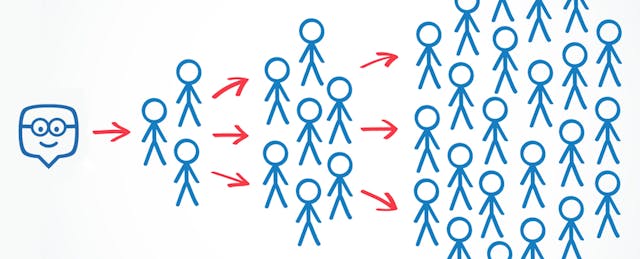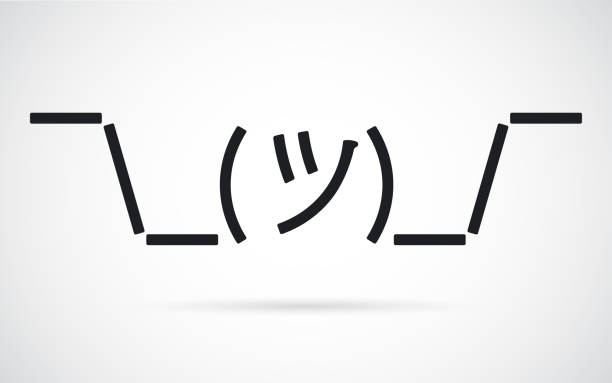
Alone in a big world: The phones that suck us in
South by South West is an interactive conference that covers new movies and singers in Austin Texas over a two-week period of time. If you have ever gone, this event is filled with digital media, everywhere you look, there is somebody on their phone or looking at a digital screen over something a content creator has been working on. South by South West is a digital-based event, but how does this look on every other weekly basis?
Seeing younger people, ages 8-16, in particular being so interactive on their phones or technology devices can show older generations (40-70) how much they are sucked into media. I noticed over the years how I gradually started being on my phone less and less. Coming into college, I see almost the same for my peers. I noticed it all depends on a person and the self-goals that they are achieving for themselves- on that day, or in the future. I also started paying more attention to how younger people become influenced by content creators very easily.
Media influence
When a child is developing, the way they talk and act is based on the influence around them. For example, a belief system is started in the roots of your own home, you believe and understand certain topics that are discussed one-sided in your family. But up until you do your own research, your understanding of certain topics is ground-based upon your own perception.
Have you ever heard of the troll term "IPad kid"? An IPad kid is a child who cannot get off of their tablet, phone, or computer, regardless of what they're doing. The term sounds gross and believe me, it is. The messy tablet covered in mushed-up bananas... not appealing, right? Most of these kids grow up in a media addiction, they start talking like the influencers they follow without even realizing it because it guided the child to believe that what they do, is okay for them to do.I have seen this firsthand with my own siblings, and I'm sure many others have seen this too because this trend has become very popular over the last couple of years.
Influencing young audiences
- Reduced physical activity- When a child starts using their phone more and more, they become addicted and stop going outside. Mostly everything they find entertaining is online... This can later in life lead to issues regarding the child's health.
- Addiction- Becoming addicted to a screen is something not only children struggle with, but adults too. If addicted, a child will potentially develop attention disorders and set unrealistic expectations for reality
- Development- Although screen time cannot affect a child's physical development, it can affect their mental. Having exposure to mature content or content that sets unrealistic expectations, will create a belief in how life "should" be when in reality, it is not. For example, there can be a content creator on youtube where a 25-year-old makes a skit pretending to be a child, the way they act to represent this child will give their younger audience an unrealistic way of life.














